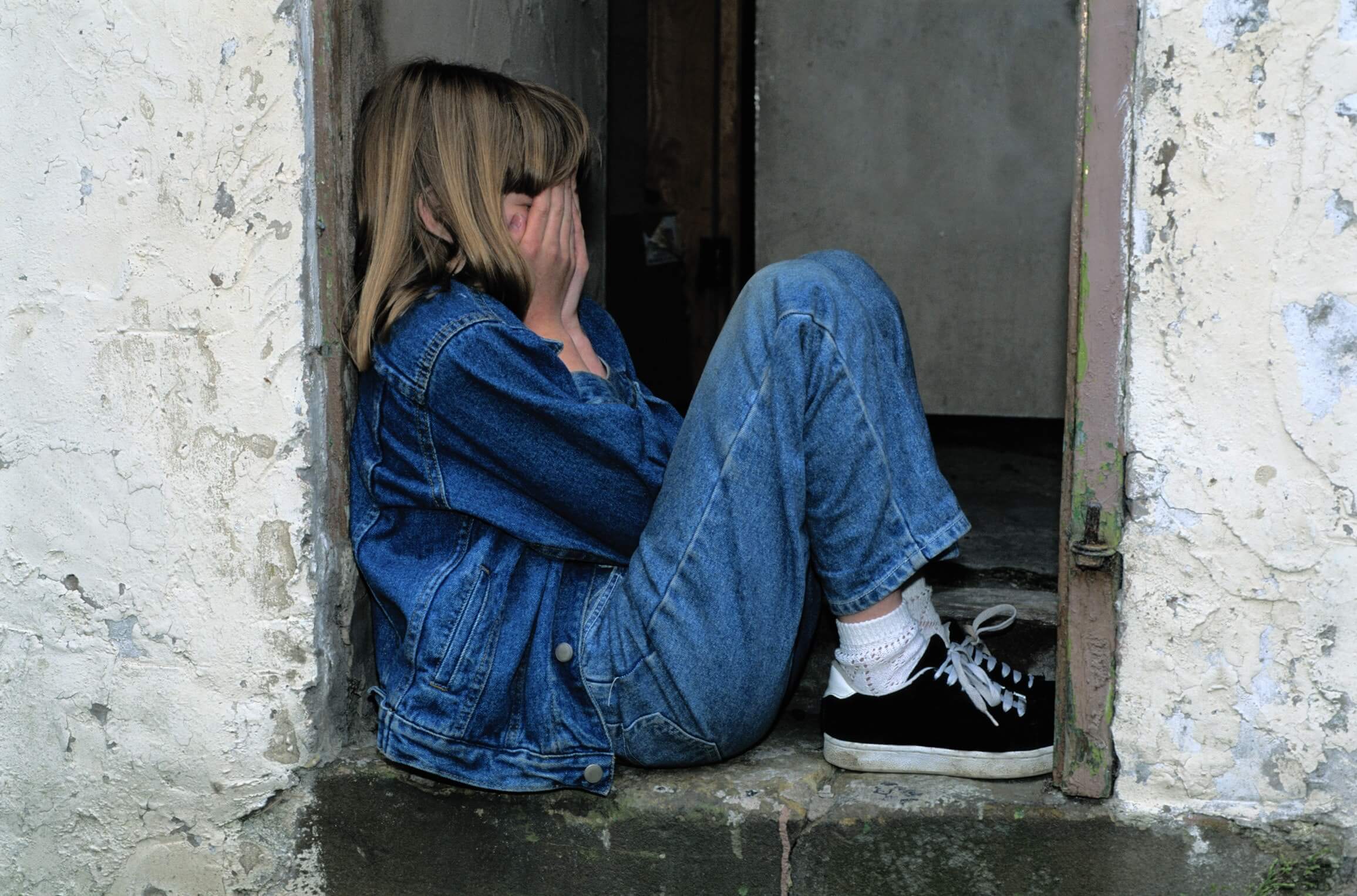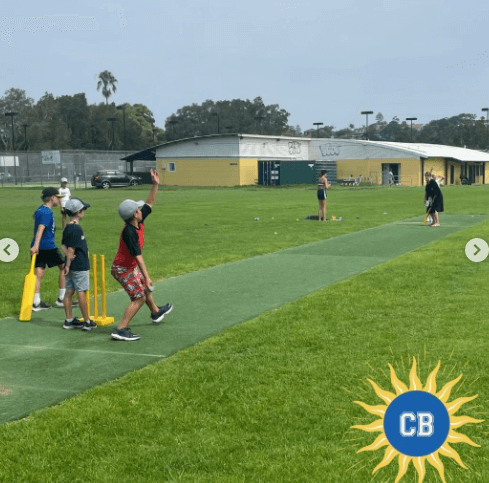Relational aggression is a form of bullying. The insidious nature of relational aggression makes it one of the biggest challenges facing parents and the wider school community.
What exactly is relational aggression?
Psychologists more commonly refer to it as “bitchiness” or “mean girl” behaviour. It’s like an emotional slap to the face focused on damaging another persons’ sense of social standing. Linda Stade, a researcher, educator and consultant for all things educational, refers to it as “using relationships as weapons”.
How relational aggression occurs
Relational aggression usually occurs in the school setting, more often amongst females than males. It is all about power and exclusion and unfortunately has become a normal aspect of schooling years and so-called friendships.
This bullying can take many forms:
- Excluding someone from the group, including giving someone the “silent treatment”
- Gossip or spreading rumours
- Belittling or recruiting others to target a specific person
- Putting “conditions” on friendship, like having to act or dress a certain way or disliking certain people.
Why it happens
Developing strong peer connections and social standing becomes incredibly important at school. As a shift in focus moves from family and parents to how your peers perceive you, adolescents place more importance on being socially “accepted” and part of a group. Relational aggression is all about developing power and dominance to improve your social standing. It can be so insidious that the perpetrator may not even know they are bullying others.
There is a constant power dynamic at play in the schoolyard, and children learn from a young age that you create inclusion through exclusion. If defies logic, but that seems to be how it works. This is how cliques form, such as the “cool girls”.
What you can do to manage relational aggression.
Relational aggression is hard to see. It is more covert and can even appear innocent. This is why it is so hard for schools and parents to pick up on and manage.
Linda Stade has these amazing tips to aid in managing relational aggression in the school environment:
- Make friendship cool. Our children often model their behavior on us. Show them what true friendship really is. Rather than moaning about a friends negative aspects or weaknesses, talk about their great qualities and why they make such an amazing friend.
- Teach your child about kindness, compassion and empathy.
- Nurture your childs’ emotions, and teach them emotional intelligence.
- Teach your child to be an “upstander” (stand up for victims), a “distractor” (they can recognise when a mean moment or comment is coming and distract the participants before it can occur), and a “supporter” (to see and acknowledge the victim, which can be as simple as making eye contact).
- Manage their online activity.
- Provide opportunities for your child to meet new people outside of the school environment. This can be through extra curricular activities like an organised sport.
- Learn how to respond in such a way that your child is empowered when facing friendship problems.
- Challenge gender stereotypes. Never say “boys will be boys” or “that’s just how girls are”.
Relational aggression, as with all forms of bullying, is learnt behaviour. Learned behaviour can be unlearned. We can teach our children how to be an amazing, supportive friend without the need for belittling or power tripping.




